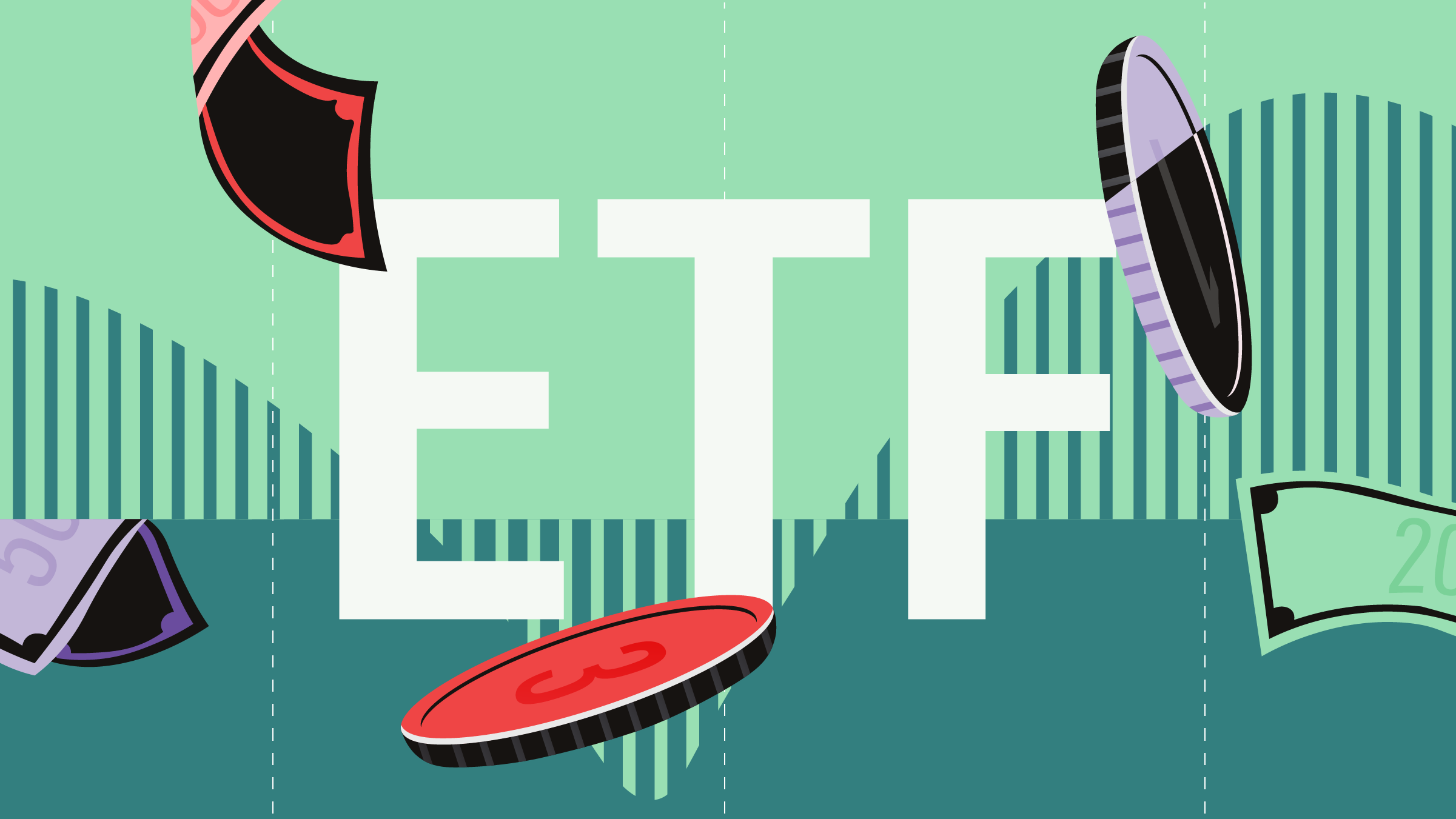Ruth Saldanha: In 2018 exchange traded funds saw net sales of over $20 billion while mutual funds saw less than half of that. Is this the age of the ETF and what's next for the industry? Mark Noble, Senior Vice President of ETF Strategy at Horizons ETF is here with us today to talk about it. Mark, thank you so much for being here.
Mark Noble : Great to be here Ruth.
Saldanha : What is driving this growth in ETFs?
Noble : Well, one thing you need to understand is actually 2018 wasn't actually that great a year for ETF sales. So ETF sales were as you mentioned around $20 billion, but that’s actually quite a bit off the pace of growth that we saw in 2016 and 2017 where it was up over $25 billion. And a lot of the inflows were actually internally driven as well. So National Bank estimates $3 billion to $4 billion was just other asset managers using their asset management platforms to buy ETFs. So if I back that out you are probably around $15 billion. Good not great. But I guess the big moment was that ETFs dramatically outsold mutual funds. Now this is something we haven’t seen since the financial crisis.
So what is driving that. Well, certainly part of it is returns. What you see during periods of market impairment like we've seen with Canadian equities for example and U.S. equities is as people loose money, they sell. Sometimes because it's tax advantageous to do so through tax law selling or maybe they are just fed up with the fact that they have been paying higher fees for active management or higher management fee alpha. And then alpha didn’t happen during a market selloff. So they choose to sell, and a large portion of the proceeds will obviously go to cash. But anything else that they are putting back in the market we see them going to ETFs which are lower cost, more transparent and liquid solutions.
Saldanha : You have a slightly contrarian view from the street, and you believe that they are likely to be closures of ETFs going ahead. Could you explain that to us why do you think that will happen?
Noble : Well, first of all you have to understand that the ETF business has exploded over the last three years. So if I go back to 2015 there was 12 providers, now as of the end of March we're probably looking at closer to 40 ETF providers. That’s astounding to me in terms of process of growth and it's a natural thing that happens. With any emerging sector you think of things like the technology or the internet, any emerging sector you see all these players come in and then there is of course consolidation and not everyone's going to be successful. With the asset management business growth as we saw last year, you were only having a good year in asset management if you had an ETF division. So as a result that's where everyone is focusing their launches and we are going to see all the major banks in there.
So this has obviously spurred a huge amount of industry growth in new players and it's spurred an astounding amount of ETF product. To give you some context there was probably about 140 ETF launches last year, whereas in the U.S. you are looking at about 250, 260. But the U.S. ETF market is $3 trillion in assets under management. Canada will probably cap out around $250 billion to $300 billion. We simply don’t have a depth of market to have 1,000 ETFs in Canada. So naturally there is going to have to be some consolidation and lot of it just basic mathematics or basic economics and that your profitability for an ETF is usually sort of – it depends on fees. But let's say $20 million to $50 million depending on fees.
Well that’s very easy to do in a $3 trillion ETF market. But the equivalent in Canada would be an ETF that is $20 million to $50 million in Canada would be the equivalent of $200 million to $500 million in the U.S. which is extraordinarily successful ETF. So our market dynamics are there to support all these ETFs plus Canadian ETF investors buy 20% of our ETFs are U.S. listed ETFs. So there is also that competition. So simply I just don’t see that there is enough room for all these ETFs. Certainly, and I want to make this clear, certainly some of the upstarts are going to be very successful at growing their businesses. But at a certain point after 2 to 3 years of not gaining traction in assets. After this explosive growth I think we are going to see a wave of consolidation as lot of these new entrants are going to have to close ETFs that simply aren’t able to attract assets.
Saldanha : Thank you so much for joining us today, Mark.
Noble : It's always my pleasure Ruth.
Saldanha : For Morningstar I'm Ruth Saldanha.







:quality(80)/cloudfront-us-east-1.images.arcpublishing.com/morningstar/347BSP2KJNBCLKVD7DGXSFLDLU.jpg)











